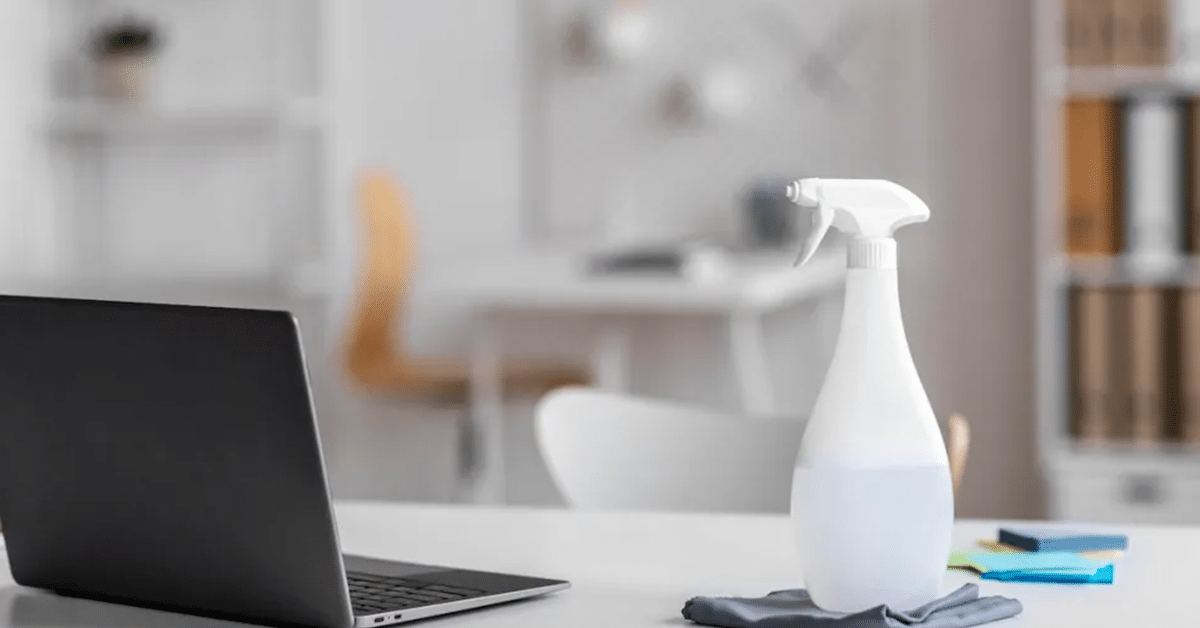Not clear if Science Daily reposted an earlier finding on the benefits of coffee because October 1st was International Coffee Day or if the latest post is a follow-up to the study I posted on back in April. In any case, Science Daily does a nice job, I think, keeping us current on whether we should or shouldn’t drink coffee, as below:
Good News for Coffee Lovers: Daily Coffee May Benefit the Heart Mar. 24, 2022 — Drinking coffee — particularly two to three cups a day — is not only associated with a lower risk of heart disease and dangerous heart rhythms but also with living longer, according to recent …
Coffee Lovers, Rejoice! Drinking More Coffee Associated With Decreased Heart Failure Risk Feb. 9, 2021 — An analysis of three large, well-known heart disease studies found drinking one or more cups of caffeinated coffee was associated with decreased heart failure risk. Drinking decaffeinated coffee did …
Higher Coffee Intake May Be Linked to Lower Prostate Cancer Risk Jan. 11, 2021 — Drinking several cups of coffee every day may be linked to a lower risk of developing prostate cancer, suggests a pooled data analysis of the available …
Coffee Not as Bad for Heart and Circulatory System as Previously Thought June 3, 2019 — A new study shows that drinking coffee isn’t as bad for our arteries as some previous studies would suggest. The research has shown that drinking coffee, including in people who drink up to 25 cups a …
In general, the happy news is that, even though we may have had it previously pounded into our heads that coffee is not all that good for us, it has been a while since I have seen anything other than good news for coffee lovers. As previously posted:
Benefits of Coffee
Great news! Coffee is good for us again. It was, then it wasn’t, then it was, then it wasn’t, and now it is again. Hooray for me! Read on to see what’s right for you.
Multiple studies with half a million participants over 10 years found that:
…having two to three cups of coffee a day was associated with the greatest benefit, translating to a 10%-15% lower risk of developing coronary heart disease, heart failure, a heart rhythm problem, or dying for any reason.
And it’s not just the caffeine:
People often equate coffee with caffeine, but coffee beans actually have over 100 biologically active compounds. These substances can help reduce oxidative stress and inflammation, improve insulin sensitivity, boost metabolism, inhibit the gut’s absorption of fat and block receptors known to be involved with abnormal heart rhythms…
But What Kind of Coffee?
I should mention that the studies were UK based, which means it was UK not US coffee, and there are differences. As with most of Europe, there is a UK preference for espresso, although they do serve filtered coffee, which is what American coffee is called there.
The studies did suggest that it made little difference whether it was ground versus instant and that caffeinated was better than decaf.
Remember when we thought decaf was better? Science Daily quotes the authors of the UK studies:
Clinicians generally have some apprehension about people with known cardiovascular disease or arrhythmias continuing to drink coffee, so they often err on the side of caution and advise them to stop drinking it altogether due to fears that it may trigger dangerous heart rhythms,” Kistler said. “But our study shows that regular coffee intake is safe and could be part of a healthy diet for people with heart disease.
The authors included recommendations for future research on some of the limitations of the studies. As only a couple of examples, the participants were all white, and the studies did not differentiate whitening of the coffee with creamers and such either.
So, although sounds like great news for coffee lovers, because we are all so different, it is always a good idea to check with your own physician on the best way to proceed for you.
And When to Drink It?
Now, if we are going to drink coffee, when exactly should we drink it? Science says we should wait about an hour after wake-up to have that first cup. The reason has to do with something I have posted on before:
And it’s called CAR for Cortisol Awakening Response: “During the first 30 to 45 minutes that you are awake each day, cortisol levels spike, a phenomenon known as CAR, which can make you feel more stressed in the morning.”
As with most annoying things, there is likely a good reason why it’s so common, which is to say, hardwired in, usually to help us survive and thrive.
In this case, the survival advantage would be that CAR activates our alertness and readiness for whatever chaos is waiting to pounce on that day. But too much of a good thing can be crippling, especially for the those whose cortisol is on already on high, to begin with.
Some of us are more jittery in the morning than others and for those who are, it is a good idea to wait until the early morning cortisol settles down so the caffeine doesn’t increase the jitters.
Waiting also isolates and protects caffeine’s beneficial jolt in energy and concentration from clashing with and being subdued by the early morning cortisol.
All of the above was all about the coffee. And again, researchers want us to know that it’s not all about the caffeine because there are more than 100 non-caffeine biological components in coffee likely playing a big role.
But now I’m thinking there may well be something else going on separate from the coffee per se, whether it be ground, instant, caffeinated, non-caffeinated biological, whatever.
Not About the Coffee
The coffee-drinking experience can bring happiness; for example, a great way to start the day with a warm and yummy cup of java, if that’s your thing. Just this past week, a lovely woman talked with me about wanting to get a nice coffee machine. She talked about the expense as part of a larger scarcity versus abundance mindset exploration.
A psychological and financial cost-benefit analysis revealed that the enjoyment she gets out of the whole process of preparing a really nice cup of coffee to start the day was well worth the expense that, in reality, she realized she could more than afford.
Based on the “Relationship Building for Your Money and You” exercise at the end of Chapter 8 in Getting to G.R.E.A.T., the investment in coffee seemed a fine low-risk way to begin to build a more sensible and satisfying relationship with her money going forward—a way to spend her money and enjoy it with her anxiety in check.
She also mentioned how much she enjoys meeting friends for coffee at the café, which can also become expensive, so she built in a once-a-week plan to include that happiness in her life too.
Pretty down in the dumps when I first met her, here she is now, well on her way to a happier, healthier life—and it’s certainly not only about the coffee and its biological compounds. It’s about happiness too.
What’s In It For You
Happiness is also posted
Mounting evidence shows an association between happiness and heart health. Being happy may decrease the likelihood of developing cardiovascular disease—and reduce its risks if you already have it. No matter the condition of your heart, it seems to be in better shape overall when you have a smile on your face.
So, unless you and your doctor know of a reason why coffee is not right for you, if it puts a smile on your face, go for it. Then, if you are going to drink it, how about making it a thing, making sure you enjoy it, just in case the enjoyment per se really is where some of the health benefits are. And then, let us know what you find. Practice, practice, practice…and see what happens.
Warm wishes,
Madelaine
Photo by Pexels Ekrulila
Keep Reading
Want more? Here are some other blog posts you might be interested in.








